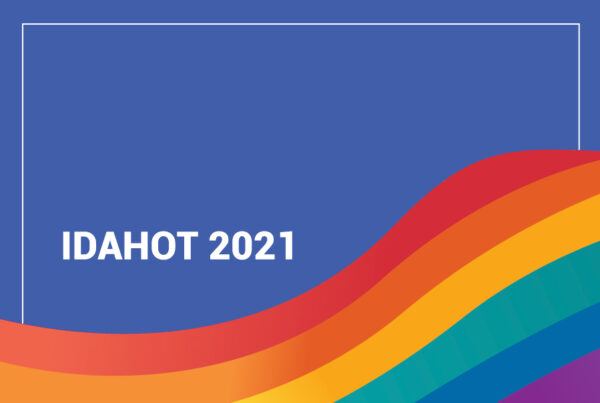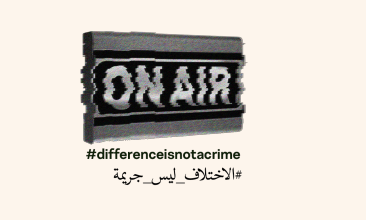The communications revolution prompted by the internet in the 1990s brought with it many opportunities and challenges. History has rarely witnessed a technology with such massive disruptive impact. While being a technological tool، the internet has impacts on all areas of our lives, from economics, culture, and even individual behavior. It has been proven for example that higher internet penetration have a positive impact on GDP growth. Other consequences of high internet adoption rates cannot be quantified by numbers but are still as important. A basic human right such as freedom of expression and opinion benefits a lot from the increase of knowledge, learning, and access to Information, and spaces of dialogue that are provided by the internet. This natural correlation is only harmonious with Article 19 of the Universal declaration on Human Rights that reads:
“Everyone has the right to freedom of opinion and expression; this right includes freedom to hold opinions without interference and to seek, receive and impart information and ideas through any media and regardless of frontiers.”
The MENA region is witnessing a boom in internet economy across many countries. Mobile penetration rates are one of the highest in the world and they are continuing to grow. However, even with very high internet penetration rates in Arabic countries, governments are increasingly trying to limit the internet use to economic ends, while ignoring or resisting the expansion of the internet to other areas that are as important.
According to multiple reports that assess freedom of expression online, Arabic countries often rank poorly, year after year. A 2017 report from “Reporters Without Borders” have ranked 6 Arab countries as worst offenders for freedom of the press. Tunisian activist Wafa Ben Hassine highlighted in a study about freedom of expression laws in Arab countries that these governments use unique mechanisms such as national security and counter terrorism laws to control information online and punish activists.
Other Arab countries do not fall far behind these “leading countries”. As such, it is clear that “Freedom of expression is not an inevitable outcome of technological innovation. It can be diminished or reinforced by the design of technologies, policies and practices – sometimes far removed from freedom of expression” (UNESCO, 2011). In addition to the aforementioned mechanisms, Arab governments justify their information control practices on cultural and religious grounds to gain the public support. Such tactics are dangerous and raise many questions:
Are governments justified to block and control content on cultural and religious grounds? Are human right universal or they become invalid when they contradict cultural and religious norms? which trump the other: individual or collective rights? In the case where collective rights prevail, do information control practices that filter sites deemed “indecent” become justifiable and required? what does society lose when they give governments the right to control what they see and read? In case one disagrees with these information control practices what can they do and are they already doing it?
These series of articles will aim at answering the aforementioned questions to shed more light on Arab and Muslim governments use of cultural and religious believes to block and filter content.
Image: @EricDrooker





